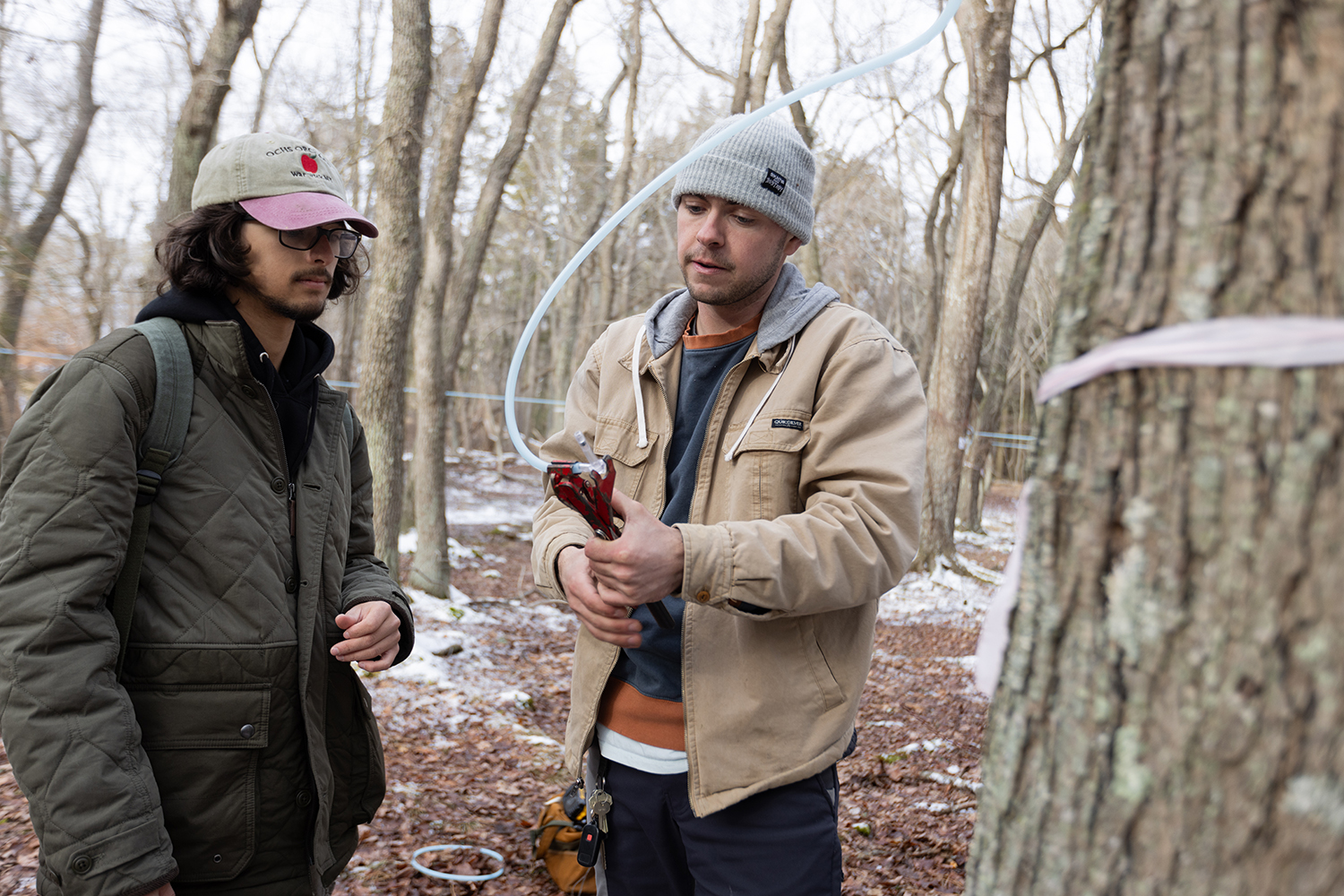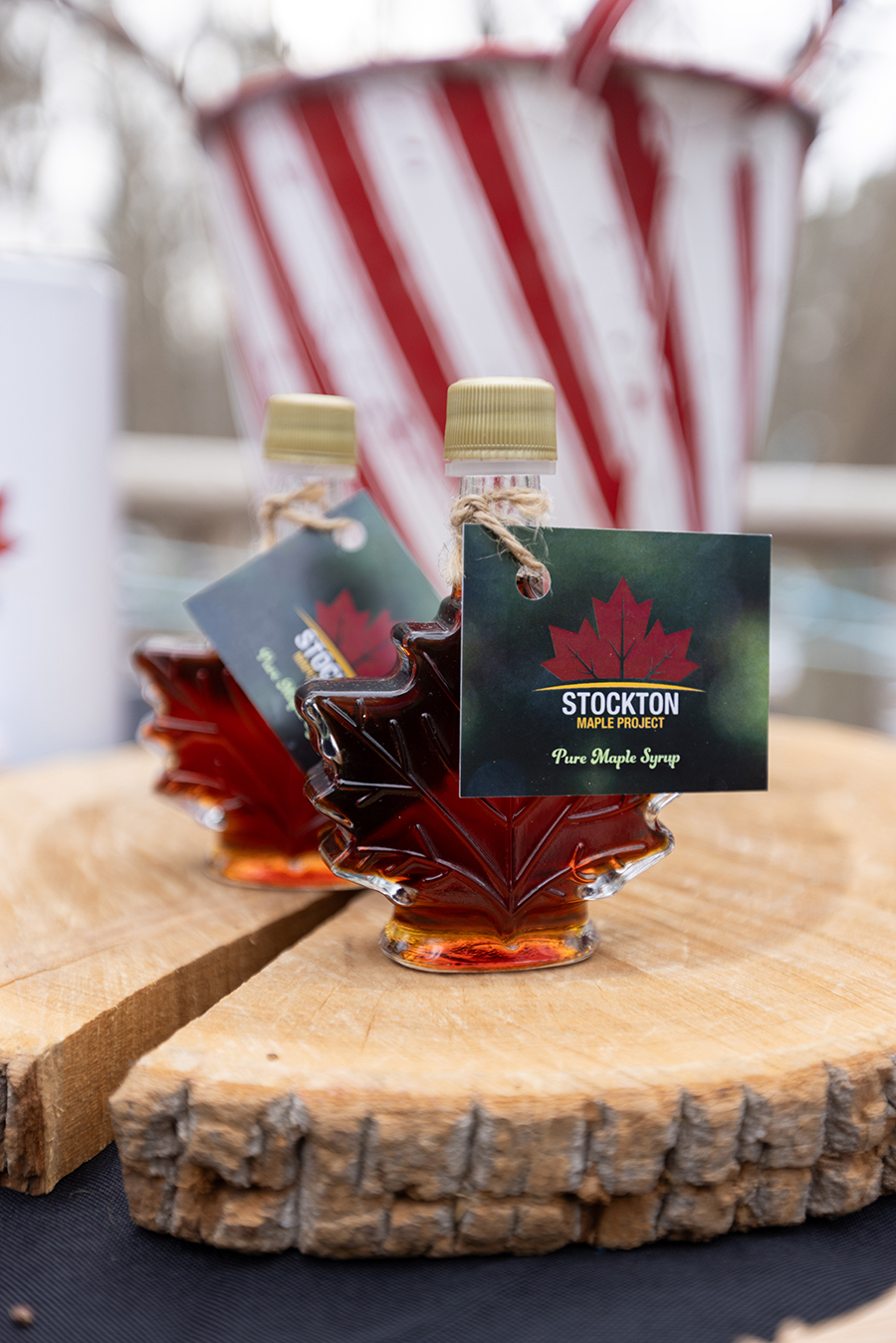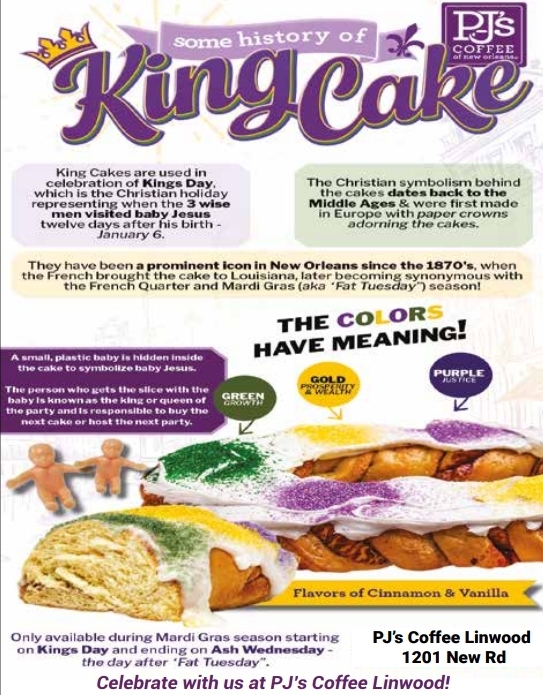Judy Vogel may be one of the few people who hopes the famous Pennsylvania groundhog sees his shadow on Feb. 2.
Extending this frigid winter six more weeks would be great for Vogel and the rest of the Stockon Maple Project team.
“We are really excited that this year we have great weather conditions. The number of people who have complained about how cold it is outside to me, I’m just smiling,” said the Stockton Mathematics professor who’s the director of the project. “I just put on an extra layer and walk outside with a big grin on my face.”
The project officially kicked off its fourth season of tapping trees on the Galloway campus the second week of January. It’s funded by two United States Department of Agriculture grants totaling more than $900,000 to promote maple sugaring in southern New Jersey.
The cold weather has contributed to a great start. The best way to pull sap from the trees is to have freezing nights followed by above-freezing days. Vogel said about 730 gallons of sap have already been collected, which will eventually turn into 7 to 10 gallons of syrup.
“This is just the start of a very sweet season of tapping,” she said.
That’s good news because last winter, the third warmest in New Jersey recorded history, they only collected 2,100 gallons of sap and made 22 gallons of syrup.
“We never really got sustained freezing temperatures,” Vogel said. “We got sap. We got syrup. But it wasn’t ideal conditions of an extended freeze then thaw.”
But Assistant Director Ryan Hegarty foresees an increase in production this year. The project has tapped 50 additional trees in the grove. Also, trees that last year relied on a bucket to collect the sap have now been added to a tubing and vacuum pump system that the other trees use. Hegarty has also installed new more efficient tap fittings that should increase the sap flow.

Stockton junior Seth Sims, an Environmental Studies and Marine Science dual major, talks with Ryan Hegarty, assistant director of the Stockton Maple Project, before tapping a maple tree on campus as part of the project. Sims said he heard about the project and the idea of adopting a tree from his girlfriend who’s a big fan of maple syrup.
“People think that when you tap a tree, it’s like turning on a facet,” he said. ‘But you get periods of sap runs and dips when the temperatures get below and above freezing.”
While Vogel would love to see more sap and more syrup, for her the project is so much more than that — it’s about helping to build a community on campus and in surrounding Pinelands towns.
“We were looking to create an environment where the community wants to get involved on their own and also where we educated people about sustainable agroforestry,” she said.
Since starting an adopt-a-tree program with community members in 2022, the number of participants has grown from 65 to more than 100 this year. Hegarty said this year the project has given out more than 400 taps to residents and 11 satellite sites have been set up where at least 25 trees are tapped each year.
For the third year in a row, Al and Susan Polk, of Mullica Township, have participated in the project. Last winter, they tapped about 25 trees on their 20-acre property and collected about 13 gallons of sap that they contributed to a boiling hub to eventually make syrup.
“We are definitely nature people,” said Susan, a retired teacher who started the Mullica Township Schoolyard Garden where some trees have also been tapped. “We are beekeepers. We have chickens. We love being out in the woods.”
Besides reaching an adult audience, the project has also focused on education outreach at area schools. Retired teacher Debby Sommers was hired last year to develop presentations on the science of maple trees and sap production for K-12 classrooms across South Jersey. She estimates that since the start of 2023 she has reached more than 5,000 students during more than 100 site visits in 15 different schools.

The Stockton Maple Project has created about 60 gallons of maple syrup since it started collecting sap four years ago on campus. About 20 of those gallons have been sold at local farmers markets.
But the most common question Vogel receives about the project is: “How can I buy it?”
Hegarty said about 20 of the 60 gallons the project has produced have been sold at farmers markets, but the operation is too small to consistently sell syrup to the public.
Instead, Vogel hopes to build partnerships with larger maple syrup producers and the food industry to see if the syrup can be used in things like salad dressing or barbecue sauce. She’s also connected with culinary programs at area schools to develop recipes using the syrup.
Vogel plans to apply for a new USDA grant this year to further those initiatives. An end-of-the-season celebration is planned for March 2 at Stockton that will feature some of the food, drinks and maple treats made from the culinary partners.
“This project has completely changed my relationship with winter,” Vogel said. “Now, I love it. I want the cold. I really enjoy this moment of the year.”
Photos by Susan Allen/Stockton University














